The international research group led by Professor Martin Green from the University of New South Wales (UNSW) has published Version 66 of the “Solar Cell Efficiency Tables” in Progress in Photovoltaics.
The scientists said they have added 21 new results to the new tables since December.
The tables include the record efficiency of 27.81% achieved by Chinese manufacturer Longi for its hybrid interdigitated back contact (HIBC) crystalline silicon solar cell and a 26.1%-efficient kesterite (CZTSSe) solar cell built by the Chinese Academy of Sciences (CAS). Another two interesting results are the 26.9% efficiency achieved by Soochow University and UNSW for a halide perovskite solar cell and the 23.7%-efficient mini perovskite solar module developed by Chinese specialist Microquanta.
Furthermore, the tables comprise the 27.3% efficiency recently achieved by Longi for a heterojunction back contact (BC) solar cell and a 24.1%-efficient PERC cell fabricated by Trina Solar. JinkoSolar is also present in the list with a 26.7%-efficient TOPCon cell and a 27.1%-efficient all-TOPCon interdigitated back contact (TBC) PV device.
Other results relate to kesterite cells, multi-junction devices and tandem solar technologies, among others.
In Version 65 of the tables, released in November, the researchers added 17 new results. The group has seen major improvements in all cell categories since 1993, when the tables were first published.
The research group includes scientists from the European Commission Joint Research Centre, Germany’s Fraunhofer Institute for Solar Energy Systems and the Institute for Solar Energy Research (ISFH), Japan’s National Institute of Advanced Industrial Science and Technology, and the US National Renewable Energy Laboratory.
This content is protected by copyright and may not be reused. If you want to cooperate with us and would like to reuse some of our content, please contact: editors@pv-magazine.com.
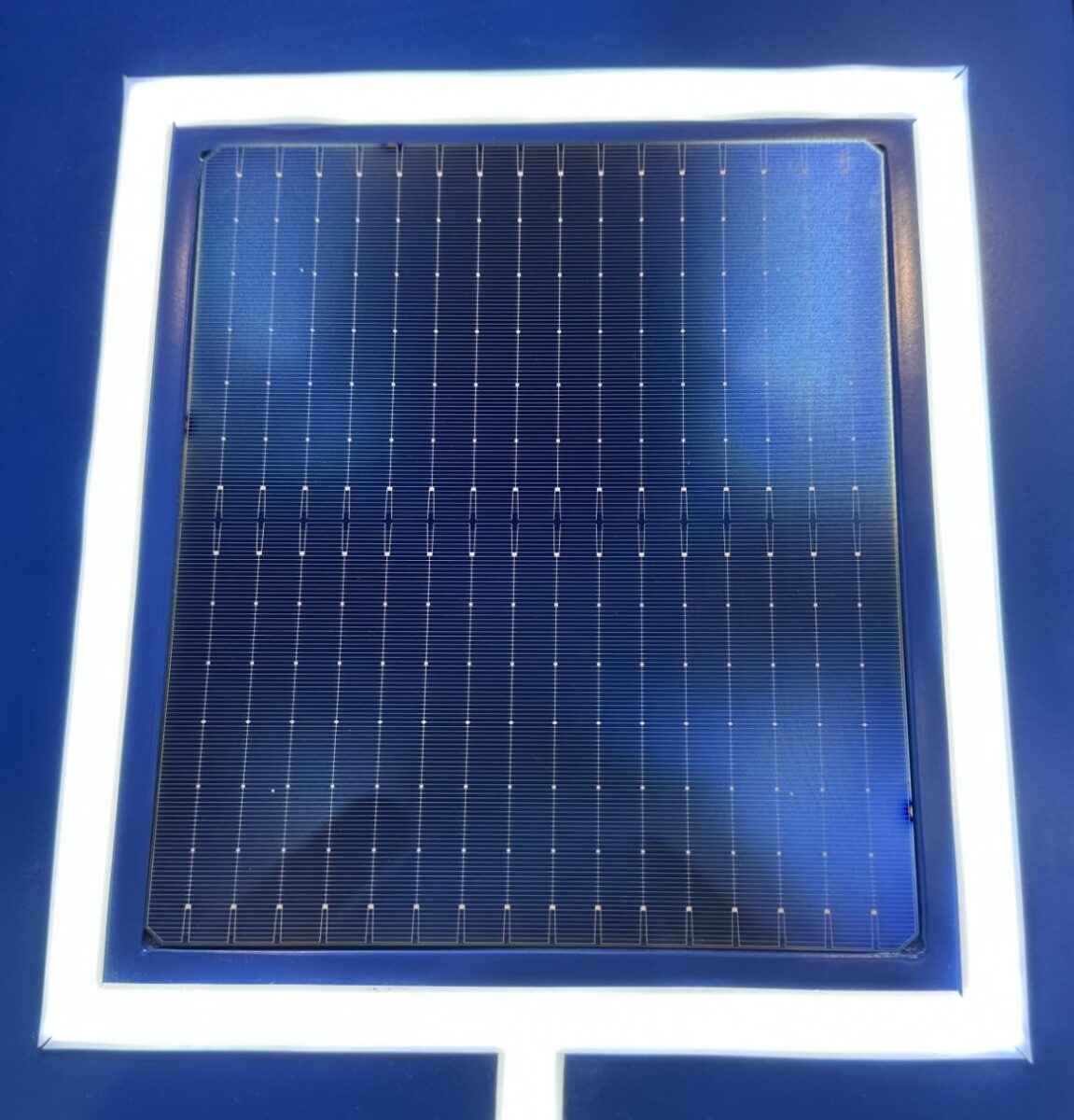
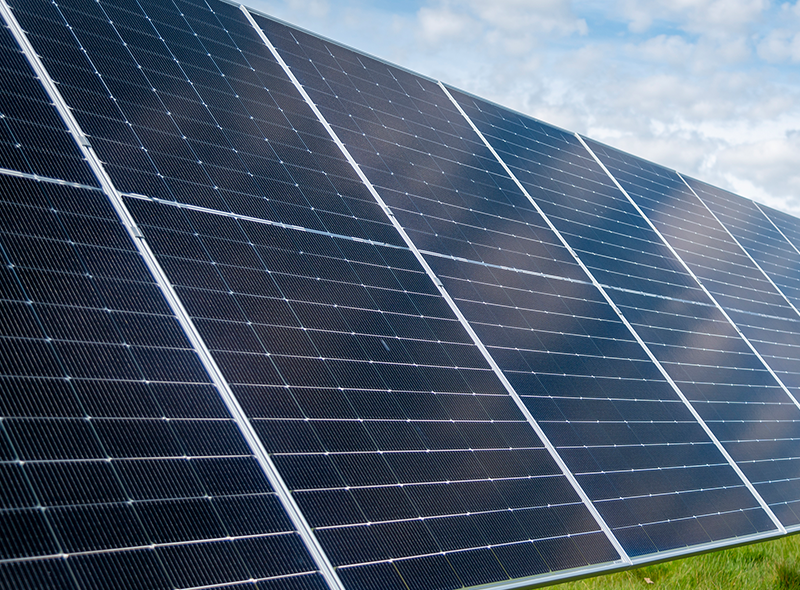


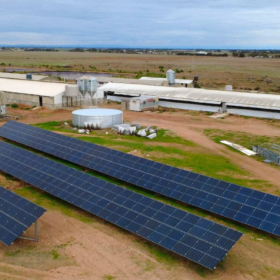
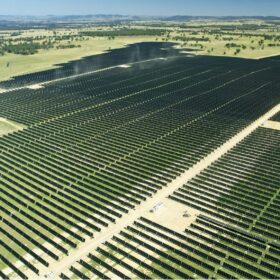
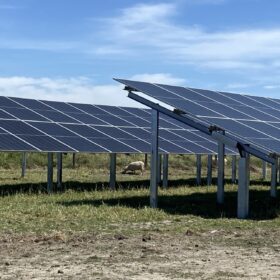
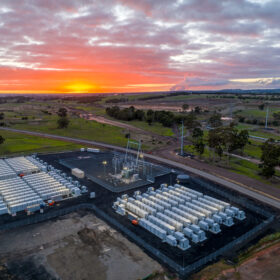
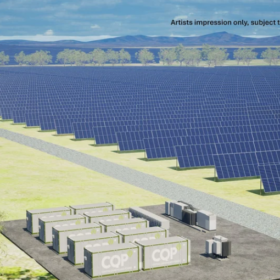
By submitting this form you agree to pv magazine using your data for the purposes of publishing your comment.
Your personal data will only be disclosed or otherwise transmitted to third parties for the purposes of spam filtering or if this is necessary for technical maintenance of the website. Any other transfer to third parties will not take place unless this is justified on the basis of applicable data protection regulations or if pv magazine is legally obliged to do so.
You may revoke this consent at any time with effect for the future, in which case your personal data will be deleted immediately. Otherwise, your data will be deleted if pv magazine has processed your request or the purpose of data storage is fulfilled.
Further information on data privacy can be found in our Data Protection Policy.